Elective egg freezing: A welcome initiative or just more gender bias? Here’s what Singapore women think
Women across different age groups weigh in on the recent White Paper on Singapore Women’s Development which allows those aged 21 to 35 to choose social egg freezing, regardless of whether they’re married or not.
*Some names in this article have been changed to respect the women’s privacy.
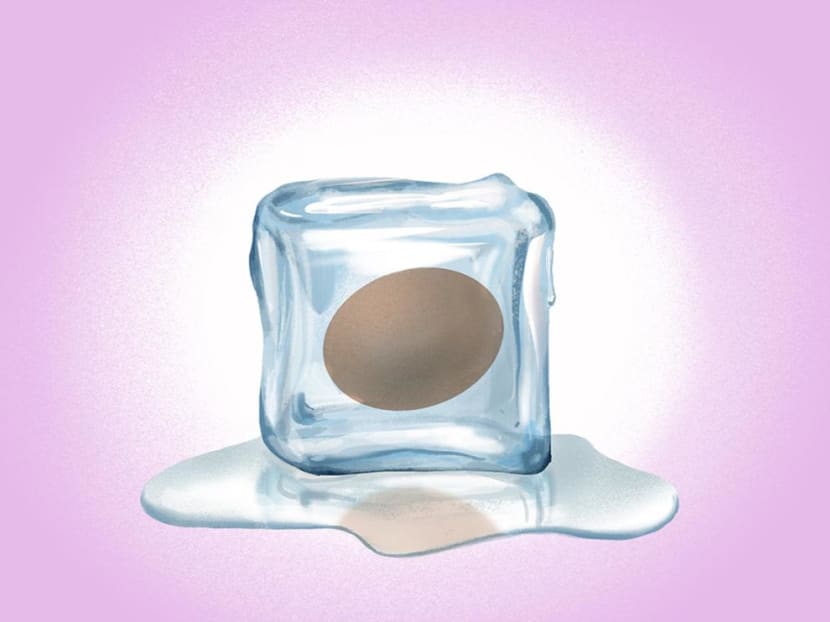
Parliament has accepted the recommendations of the White Paper on Singapore Women’s Development, which includes allowing women between 21 and 35 years to freeze their eggs for non-medical reasons, known as social or elective egg freezing, regardless of marital status. (Art: Jasper Loh)
When the White Paper on Singapore Women’s Development was released on Mar 28, the topic that got the most reaction was the recommendation to allow elective egg freezing. It drew countless responses, with many giving their hot take on the issue.
The White Paper was debated for over nine hours on Tuesday (Apr 5) with Parliament giving unanimous support for the Paper’s 25 action plans, including social egg freezing.
As someone who has suffered multiple miscarriages (a different type of fertility issue), egg freezing would have offered this writer a different route to having children.
When I asked peers, business associates and friends of friends, the responses were varied. Women welcomed the choice to do so, while others felt that more could be done to widen its parameters.
SO, WHAT’S THE BIG DEAL ABOUT EGG FREEZING?
The White Paper recommended that women between the ages of 21 and 35 be allowed to freeze their eggs for non-medical reasons, regardless of marital status.
Currently, women can only freeze their eggs, retrieved from their ovaries for medical purposes. One example is if a woman is a cancer patient undergoing chemotherapy, which would affect her chances of conception.
The White Paper said that the Singapore Government recognised that women may not have found the right partner at a younger age and elective egg freezing would allow them to preserve their fertility and have a chance to conceive should they marry later on.
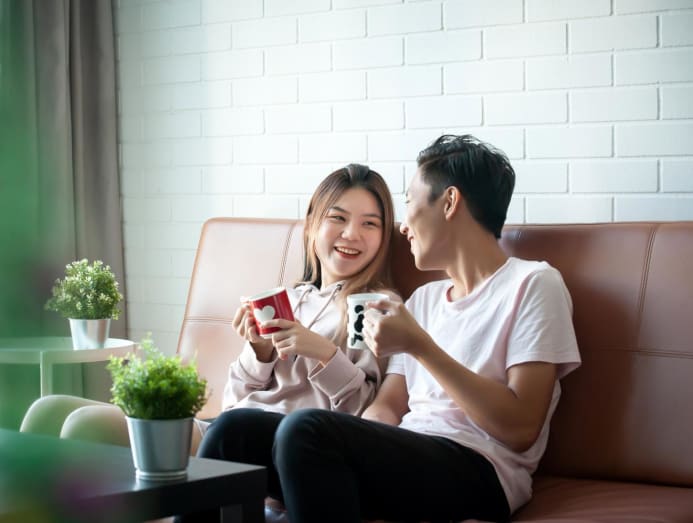
Elective egg freezing will be implemented in 2023 and pre-procedure counselling will be mandated. Counselling will include learning about the procedure’s invasive nature, its limitations (it does not guarantee a success rate nor a live birth) and the challenges of pregnancy and parenthood later in life. Naturally, this includes the high costs of elective egg freezing such as storage and insurance.
Women who undergo elective egg freezing and choose to use their eggs later on may do so only within the confines of marriage. Currently, assisted reproduction may only be done at approved centres in Singapore, and Singapore citizens, PRs and foreigners alike must be married in order to do so.
WHAT DO WOMEN REALLY THINK ABOUT EGG FREEZING IN SINGAPORE?
The women CNA Women spoke to mostly had positive reactions.
Said Jan Jee, 29, a regional corporate communications manager: “It's a bold, yet timely step to support women, regardless of marital status and health issues, in preserving their fertility. It is one way to show inclusivity – by making egg-freezing a choice for women.
“There are limitations still and I think women should be given the freedom to make their own call with their eggs but yet have realistic expectations for any complications that follow.”
Another felt this step was important. Theodora Ho, 30, a marketing manager, said: “I welcome the initiative. It empowers women with the choice to delay parenthood for whatever reason.
“While motherhood may not be guaranteed or some might not even use their eggs ultimately, I suppose the key is having the opportunity to try for a baby if and when these women decide to,” she added.
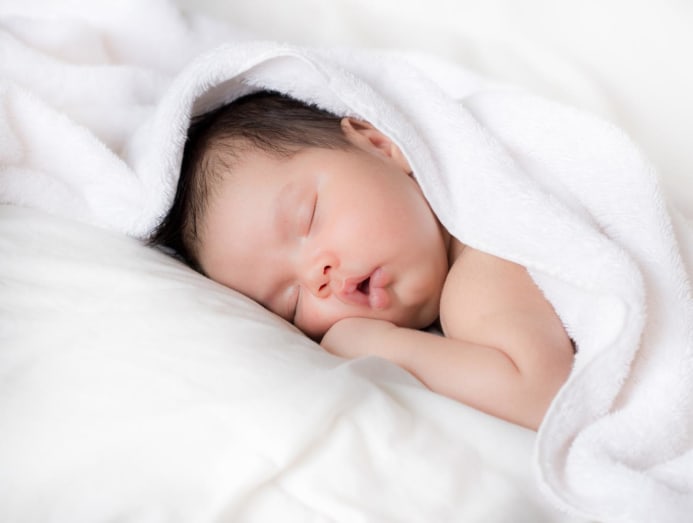
Karen Lu, a consultant in her 40s, said: “Early in my 30s, before I settled down and had my child, I looked into egg freezing outside of Singapore. I probably would have done it if the procedure and the cost wasn’t such a challenge.”
Other women said the initiative was a long time in coming.
Eunice Ng, a private banker in her 30s, said: “I’m all for this. IVF (in-vitro fertilisation) is allowed but we’ve not had the option (to freeze our eggs) before.”
She added that marriage and children don’t happen like clockwork but at the same time, a woman’s biological clock doesn’t stop ticking. “Egg freezing takes away that stress of having to give birth by that certain age.”
THIS IS GREAT BUT…
Other women did find issues with the White Paper recommendations on social egg freezing.
#1 WHY MUST I BE MARRIED TO USE MY OWN EGGS?
Many felt that if women are enabled to keep their eggs frozen, then they should be allowed to use them in any way they want.
Sarah Ng, 26, an advertising executive said: “Egg freezing is definitely a progressive move. My concern is that it is too restrictive for a woman’s eggs to be used only in a family unit. Even if they had their eggs frozen, they may not find a suitable partner to have children with.
“There should be no discrimination of (marital) status for the use of a woman’s egg,” Ng added.
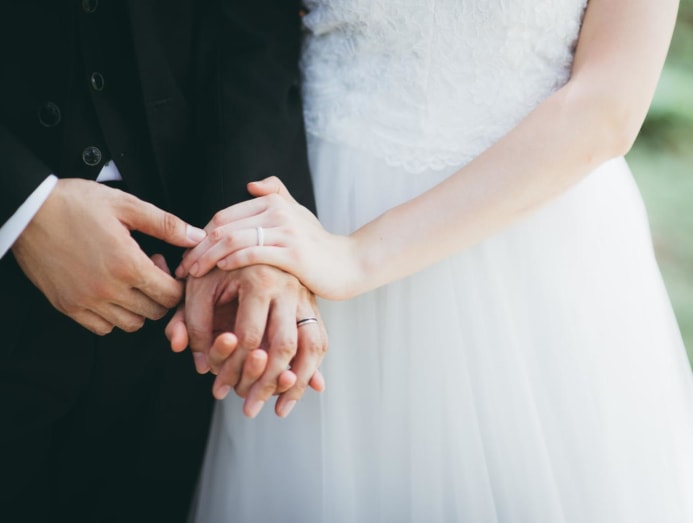
Sue Tay*, 44, a lawyer and mum of three, felt that while the move was a progressive one, its conditions were not in tandem with the current mindset and that as a mum, she would want more for her daughter.
“I want her to have the autonomy to decide what to do with her eggs. If she chooses to freeze her eggs and chooses to marry, have a partner to raise a child or do so on her own, it becomes her decision.”
Tay added that she was disappointed that the choice had already been taken away from women from the start.
“What if my daughter is married to someone who’s not present in child rearing? Being married to someone who isn’t 100 per cent into parenting can be more stressful than doing it alone,” she added.
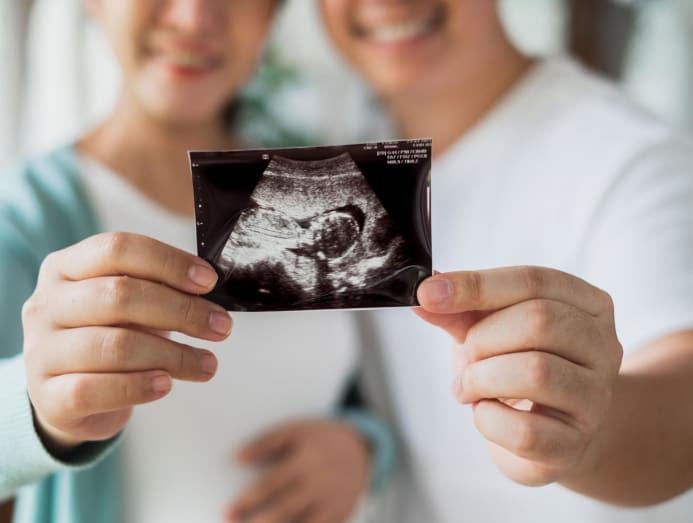
The sentiment was shared by Nadirah Mohd, 27, an early childhood educator. “It is restrictive to only allow married couples to use frozen eggs for procreation. Single women would like to have children too but may not have found a suitable partner to realise this goal. They may still (want to) raise their child independently with the support of their extended family or friends.”
#2 WHY CAN’T I USE MY EGGS AT ANY TIME?
Previously, women who underwent IVF in Singapore could do so up to the age of 45. Women under 40 were allowed to do 10 cycles of IVF while those above 40 were allowed five, until they turned 45.
Since January 2020, these limits have been removed. However, women above 40 still need to consult a gynaecologist who will assess their ability to carry their assisted babies to term – which in effect, still imposes a time limit on women who want to freeze their eggs.
The women CNA Women spoke with felt this was ageist and restrictive, considering life expectancy in Singapore is one of the highest in the world and as at 2020, life expectancy was 83.9 years, according to the Singapore Department of Statistics.

Jaclyn Lee, a marketing director in her early 40s, felt that current trends needed to be taken into consideration – such as couples marrying later in life or facing a second chance at parenthood at a later age.
She said: “The trend for marriage and parenthood is later, and later. Similarly, fertility options should follow suit. More people are finding financial stability or reasons to have children a lot later in life. It is only reasonable to allow women to use their frozen eggs any time they want.”
Leann Choo*, 40, who works in hospitality, wishes she had been given the option to freeze her eggs in Singapore earlier. She did so overseas when she was undergoing a painful divorce a few years back. Now in another relationship, she said that regardless of age, the choice to undergo assisted reproduction should be left with women.
#3 THANKS BUT NO THANKS, IT’S NOT FOR ME.
Then, there are others who welcomed elective egg freezing but felt it wasn’t in their best interests even if they had the choice.
Nadirah, the 27-year-old early childhood educator, said: “It gives women the freedom to pursue our careers and personal goals first but personally, I would not opt for it as I do not intend to have children.”
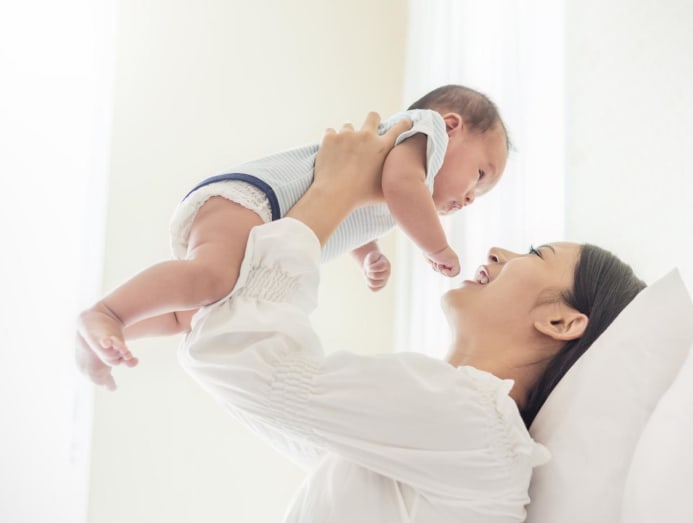
Said Ann Kang*, an entrepreneur in her mid 40s: “If I had the choice when I was between 21 and 35, I may have done it at that stage of my life. But knowing what I know now as a parent, I may not want to go through with assisted reproduction due to the rising standards and costs of living, especially raising a child in my 40s in Singapore.”
Her view is shared by Meredith Chan, 39, a product manager. “Were it available to me then, I would have frozen my eggs with the intention of using them in my later years. But that is only if I had the financial means, family support and mental capabilities to get through middle-age with a young child. Otherwise, definitely not, as it would bring about other problems.”
Agnes Ng, 56, a financial consultant and mother of three, felt that elective egg freezing would give women a certain amount of freedom with their youth and fertility – she would encourage her children to do so, but with caveats.
“I am all for it because it doesn’t confine them to getting married and having children by a certain age. But if I didn’t have a partner, I wouldn’t want a child on my own. It’s already challenging to bring up a child with a husband – things like PSLE and exams, teenage angst and all. As much as I love my children, those were tough times. I wouldn’t want to do all of that alone.”
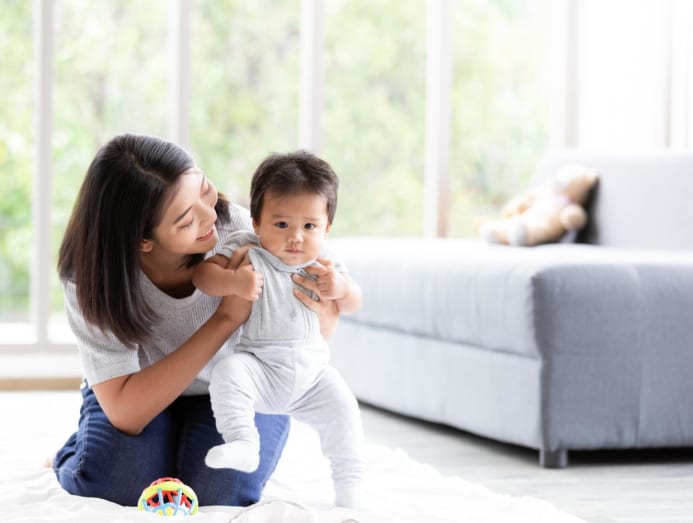
HOW TO MAKE IT MORE INCLUSIVE?
The women CNA Women spoke to felt that Singapore needed this option but as a country and society, we’re a long way from what it can be.
Ann Kang, the entrepreneur, surmised: “More needs to be ironed out. It is flawed in some respect as it doesn’t look at the current culture or trends, nor does it cover wider policies which may make it more positive for women to have children.”
Another felt the restrictions could backfire. “The age for egg retrieval and elective freezing should be increased to 42 – women live longer and we’re healthier now anyway. And if the Government is concerned about Singapore’s population growth, the focus should be to aid anyone who is serious about building their family – on their own, or married,” said Yvonne Chan, 44, a business development director.
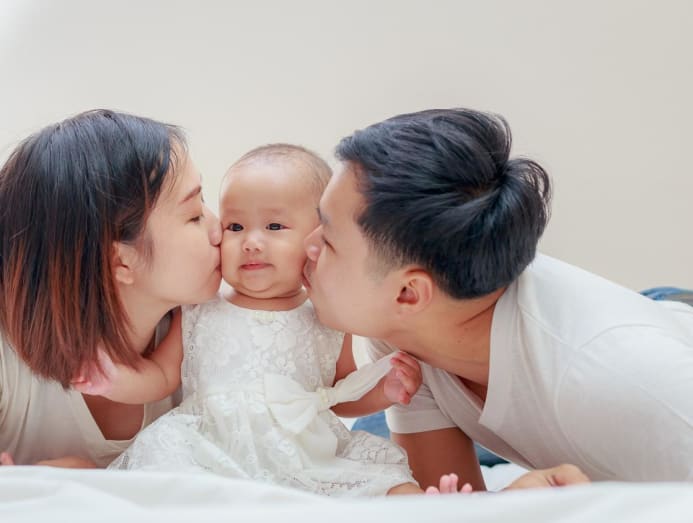
Making information available to women earlier is also a key factor – regardless of age and fertility issues.
Designer Laura Teng, 43, and a mother of one, went through several fertility treatments including IVF in her late 30s before conceiving her child at 40 via intrauterine insemination.
“I feel we need to educate women better on these options. If I knew the choices available to me when I was younger, I would have done egg freezing when I was 30, to save myself a lot of heartache and money. In fact, I would encourage my daughter to freeze her eggs as insurance to preserve her own fertility.”
Ultimately, elective egg freezing gives women more possibilities and for others, it’s freedom. “I would leave this for my girlfriend to decide. It’s her body and her future. Either way, I’m fine with her decision,” said Calvin Ong, 37.
My own husband summed it perfectly: “Elective egg freezing gives women hope for the future.” And if I took away all the limitations currently in place, I would agree with him too.
CNA Women is a section on CNA Lifestyle that seeks to inform, empower and inspire the modern woman. If you have women-related news, issues and ideas to share with us, email CNAWomen [at] mediacorp.com.sg.









